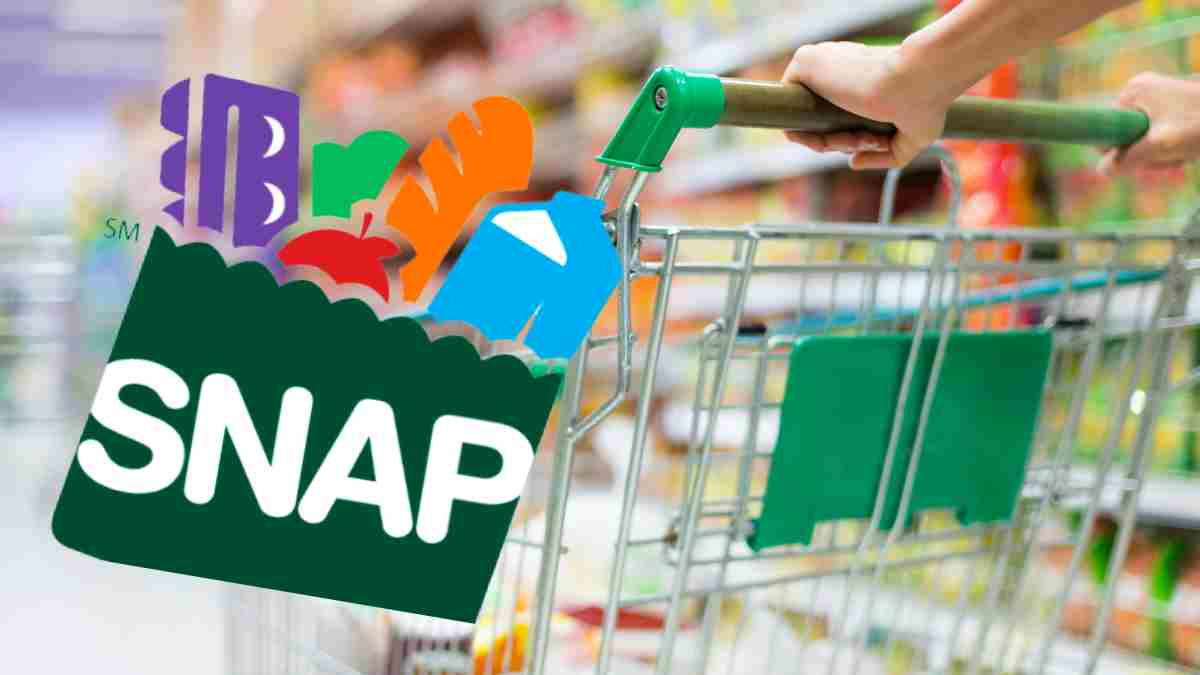The Supplemental Nutrition Assistance Program, or SNAP, serves as a lifeline for countless families in the United States, helping them meet their basic nutritional needs. This program provides essential support to those with limited income, such as low-income families, elderly individuals, and people with disabilities.
While SNAP is available to anyone who qualifies, it plays a particularly significant role for households struggling to maintain a balanced diet despite having some income. This October, SNAP made changes to its income limits in response to inflation, broadening eligibility so that more people can qualify for assistance. Beneficiaries receive funds on an electronic card that can be used to purchase groceries, allowing them to access a variety of essential food items at participating stores.
Who qualifies for SNAP?
To qualify for SNAP, a household’s income must fall below certain limits, which vary depending on the household’s size. Larger households have higher income limits, as it’s recognized that needs increase with each additional person. Below are the income guidelines for households without elderly members, with distinctions between households without any income and those with earned income.
These income thresholds are based on both monthly and annual earnings, making it clear who may be eligible.
Income guidelines for households with no earned income (excluding elderly or disabled individuals)
- Household of 1: Monthly income – $1,632, Annual income – $19,584
- Household of 2: Monthly income – $2,215, Annual income – $26,580
- Household of 3: Monthly income – $2,798, Annual income – $33,576
- Household of 4: Monthly income – $3,380, Annual income – $40,560
- Household of 5: Monthly income – $3,963, Annual income – $47,556
- Household of 6: Monthly income – $4,546, Annual income – $54,552
- Household of 7: Monthly income – $5,129, Annual income – $61,548
- Household of 8: Monthly income – $5,712, Annual income – $68,544
Additional members: +$583 monthly, +$6,996 annually
Income guidelines for households with earned income (excluding elderly or disabled individuals)
- Household of 1: Monthly income – $1,883, Annual income – $22,596
- Household of 2: Monthly income – $2,555, Annual income – $30,660
- Household of 3: Monthly income – $3,228, Annual income – $38,736
- Household of 4: Monthly income – $3,900, Annual income – $46,800
- Household of 5: Monthly income – $4,573, Annual income – $54,876
- Household of 6: Monthly income – $5,245, Annual income – $62,940
- Household of 7: Monthly income – $5,918, Annual income – $71,016
- Household of 8: Monthly income – $6,590, Annual income – $79,080
- Additional members: +$673 monthly, +$8,076 annually
What can you buy with SNAP benefits?
SNAP benefits are specifically intended to support basic and nutritious food choices for households. With these benefits, families can purchase groceries at supermarkets, grocery stores, and select local markets. However, certain items are excluded from the program.
Items eligible for purchase with SNAP
- Bread and cereals
- Fruits and vegetables
- Meat, fish, and poultry
- Dairy products
Items not eligible with SNAP
- Alcoholic beverages, including beer, wine, and liquor
- Cigarettes and tobacco products
- Non-food items, such as pet food, soap, paper products, or cleaning supplies
- Vitamins and medicines
- Foods meant to be consumed in-store or hot foods
Long-term planning with SNAP
The recent adjustments to SNAP income limits and monthly benefits are in effect until September of the following year. After that, these thresholds will be reassessed to ensure they continue to align with inflation and current economic conditions.
By providing these annual reviews, SNAP remains responsive to the economic climate, offering critical support to families facing food insecurity. For those who have yet to apply but believe they meet the requirements, SNAP can make a meaningful impact on both diet and overall well-being.




